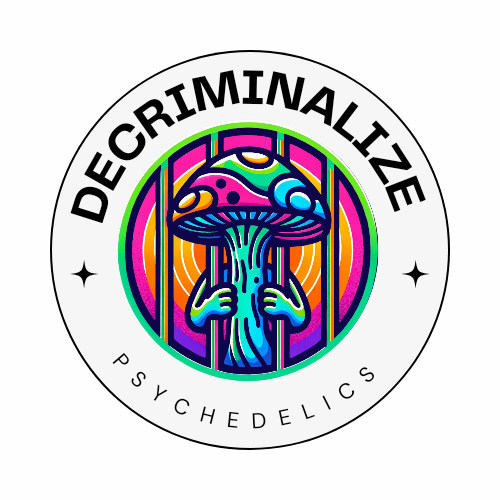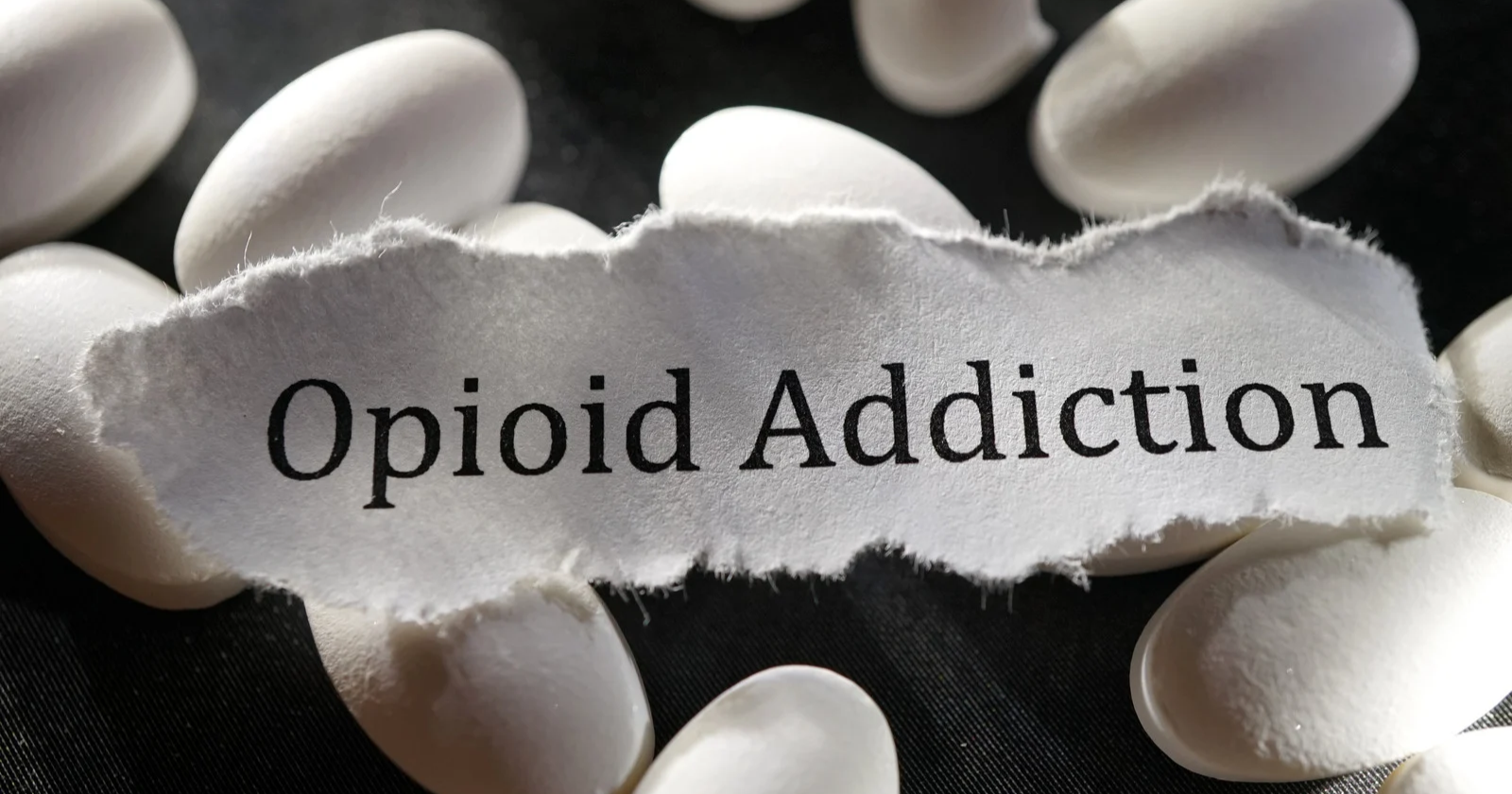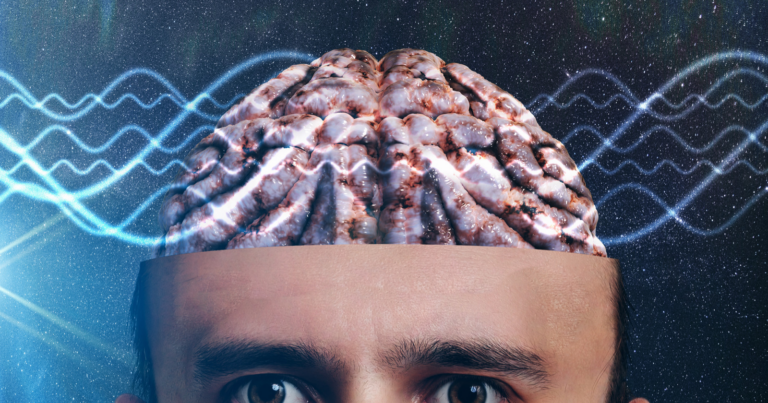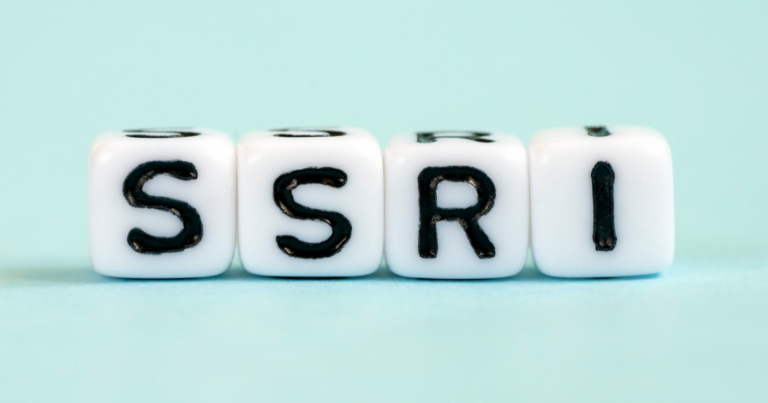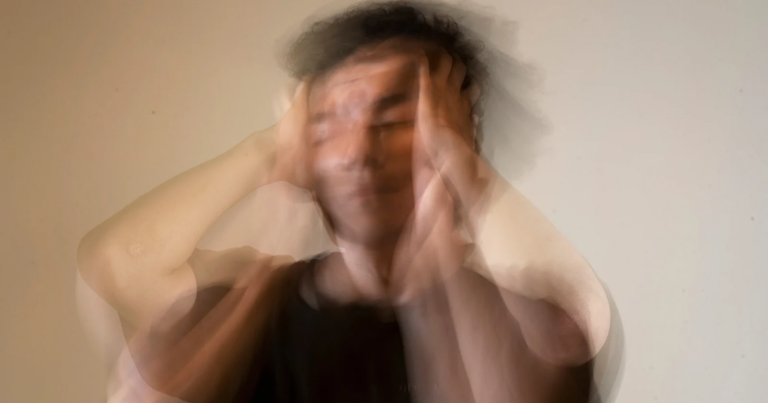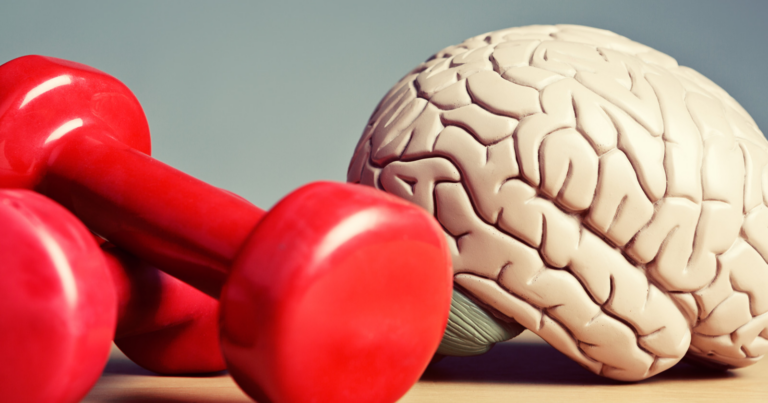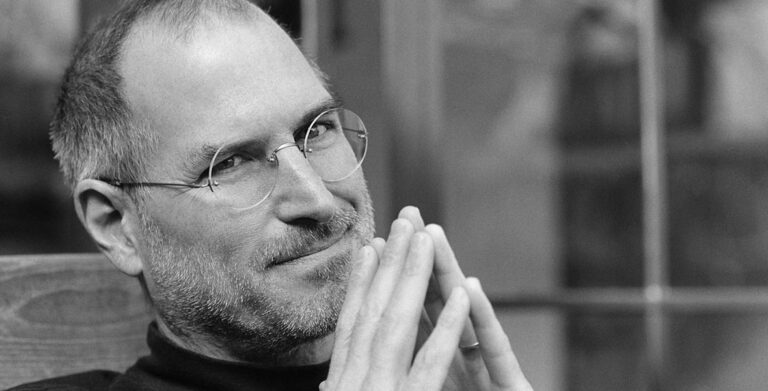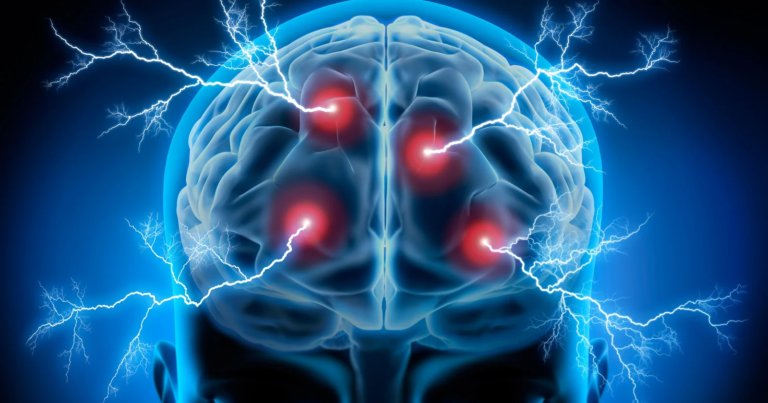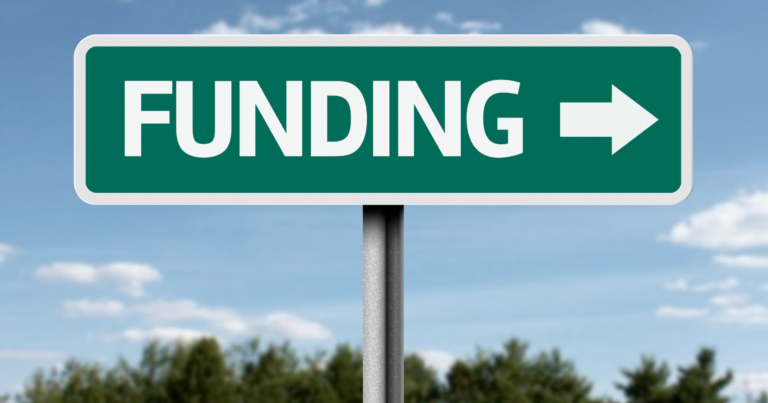Opioid addiction is a beast that’s hard to tame. But there’s one treatment gaining attention: Ibogaine.
Ibogaine isn’t your typical treatment.
It’s a psychoactive substance, often linked to hallucinogenic experiences.
For some, it’s been a game-changer in their battle against opioid addiction.
Want to learn more about Ibogaine treatment? Read on for the good, the bad, and the life-changing success stories.
Unconventional, Yet Promising
There’s no denying that Ibogaine treatment is unconventional.
It doesn’t fit the mold of traditional addiction therapies. But that’s not necessarily a bad thing.
Sometimes, it’s the unconventional paths that lead us to the most promising destinations.
And when it comes to opioid addiction treatment, Ibogaine is showing a lot of promise.
The use of Ibogaine for opioid addiction is based on decades of anecdotal evidence and a handful of clinical studies.
It’s been hailed as a miracle cure by some, helping individuals break free from the grip of addiction in ways they never thought possible.
But let’s be clear – we’re not here to sell you on Ibogaine treatment.
Instead, we’re here to present you with the facts, the science, and the stories of those who’ve walked this path before.
Remember, it’s about making informed decisions, not following the crowd.
So let’s dive into the world of Ibogaine treatment and see what it has to offer.
Personal Encounters with Ibogaine
In my journey to understand addiction treatments better, I’ve personally met several individuals who’ve undergone Ibogaine therapy.
One story that stands out is of a woman named Sarah.
Sarah had been battling opioid addiction for about ten years. She’d tried everything – rehab, therapy, medication – but nothing seemed to work long-term.
She was almost ready to give up when she heard about Ibogaine.
Sarah shared with me that her experience with Ibogaine was intense and challenging but ultimately rewarding.
She described having vivid visions during her treatment, which she said helped her confront the deep-seated issues fueling her addiction.
Post-treatment, she experienced a significant decrease in her cravings for opioids.
But more importantly, she gained a greater understanding of herself and her addiction.
Now, Sarah’s story isn’t meant to suggest that Ibogaine is a magic bullet for everyone.
It’s merely one example of how this treatment has made a difference for some people.
The point here is to highlight the individual journeys and experiences that come with exploring unconventional treatments like Ibogaine.
Ibogaine’s Intriguing Origin
Ibogaine is derived from the root bark of a Central African shrub known as Tabernanthe iboga.
For centuries, this plant has been central to the spiritual and medicinal practices of several indigenous communities in the region.
The Bwiti, an ethnic group in Gabon and Cameroon, have been using iboga in their religious ceremonies to induce spiritual awakenings and connect with ancestral spirits.
It was only in the mid-20th century that the western world began exploring its potential in treating addiction.
This traditional usage of iboga provides a fascinating backdrop to its modern application as an addiction treatment.
It’s a reminder that sometimes, ancient wisdom can offer solutions to contemporary problems.
The Science Behind the Story
While the personal experiences and historical use of Ibogaine are fascinating, it’s also essential to understand the science behind its use in addiction treatment.
Ibogaine works in a unique way.
It targets multiple receptor sites in the brain, which are involved in addiction.
By resetting these sites, it helps to reduce withdrawal symptoms and cravings associated with opioid addiction.
In addition, the psychoactive properties of Ibogaine allow for introspection and self-analysis, which can be crucial in understanding and addressing the root causes of addiction.
But, while these findings are encouraging, it’s important to remember that research on Ibogaine is still in its early stages.
More studies are needed to fully understand its potential benefits and risks.
Navigating the Grey Areas
As we venture further into the world of Ibogaine treatment, it’s important to acknowledge that it’s not a one-size-fits-all solution.
This became particularly clear to me when a close friend of mine decided to try Ibogaine for his opioid addiction.
He had high hopes, fueled by numerous success stories he’d heard.
But his experience was far from the miracle cure he envisioned. He faced a challenging and uncomfortable experience, and while he saw some improvements, they were short-lived.
His journey served as a stark reminder that every individual’s reaction to Ibogaine can vary widely.
It reinforced the importance of viewing this treatment option with both optimism and caution, understanding that it may not be the right fit for everyone.
Understanding the Potential Risks
While Ibogaine has demonstrated promising results in the fight against opioid addiction, it’s not without its risks.
Some individuals may experience severe side effects during and after treatment.
These can include nausea, hallucinations, and even heart complications in some cases. It’s crucial to be aware of these potential risks and to seek professional medical advice before considering Ibogaine treatment.
Ibogaine’s legal status varies across countries. In some places, it’s a controlled substance, which means its use is strictly regulated. Always check the legality of Ibogaine in your region before considering its use for addiction treatment.
Remember, knowledge is power.
Being aware of the potential risks associated with Ibogaine can help you make an informed decision about whether it’s the right path for you or a loved one.
The Importance of Professional Guidance
If there’s one thing I can’t stress enough, it’s the importance of seeking professional guidance when considering Ibogaine for opioid addiction treatment.
Its potential as a treatment option is promising, but it’s crucial to approach it with due diligence.
An experienced healthcare provider can help you evaluate your individual circumstances, understand the potential risks and benefits, and guide you through the process.
Self-medication or unguided use of Ibogaine can lead to severe complications.
Always ensure you’re under the care of a professional if you decide to explore this treatment route.
The Potential Within the Unconventional Addiction Treatment
As we navigate the labyrinth of addiction treatments, the unconventional path of Ibogaine emerges as a potential beacon of hope.
Its roots are buried deep in African traditions, and its branches extend to modern-day treatments for opioid addiction.
It’s a testament to the beautiful blend of the old and new, traditional and contemporary, nature and science.
Ibogaine’s potential lies not just in its ability to alleviate withdrawal symptoms, but also in its capacity to facilitate deep introspection.
It could potentially offer a unique pathway to understand and confront the underlying causes of addiction.
But it’s paramount to remember that Ibogaine isn’t a silver bullet. It’s a tool, one of many in our collective arsenal to combat opioid addiction.
It carries with it both promise and risks, and it’s crucial to approach it with informed caution.
Remember, every journey is unique, every treatment personal. In the quest for recovery, one size doesn’t fit all.
As we continue exploring Ibogaine and other unconventional treatments, let’s maintain a spirit of openness and curiosity while keeping our feet firmly grounded in the realm of safety and professionalism.
